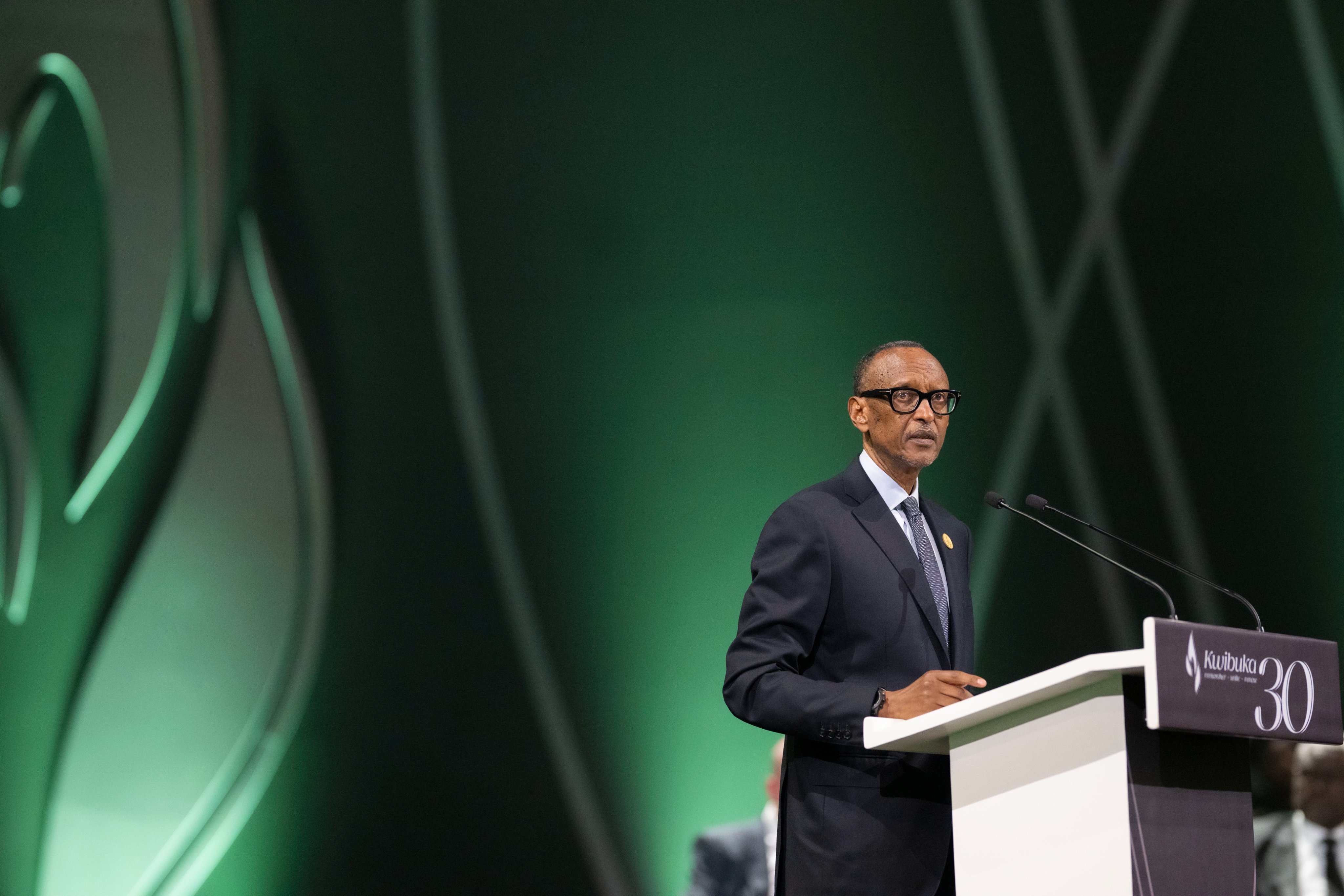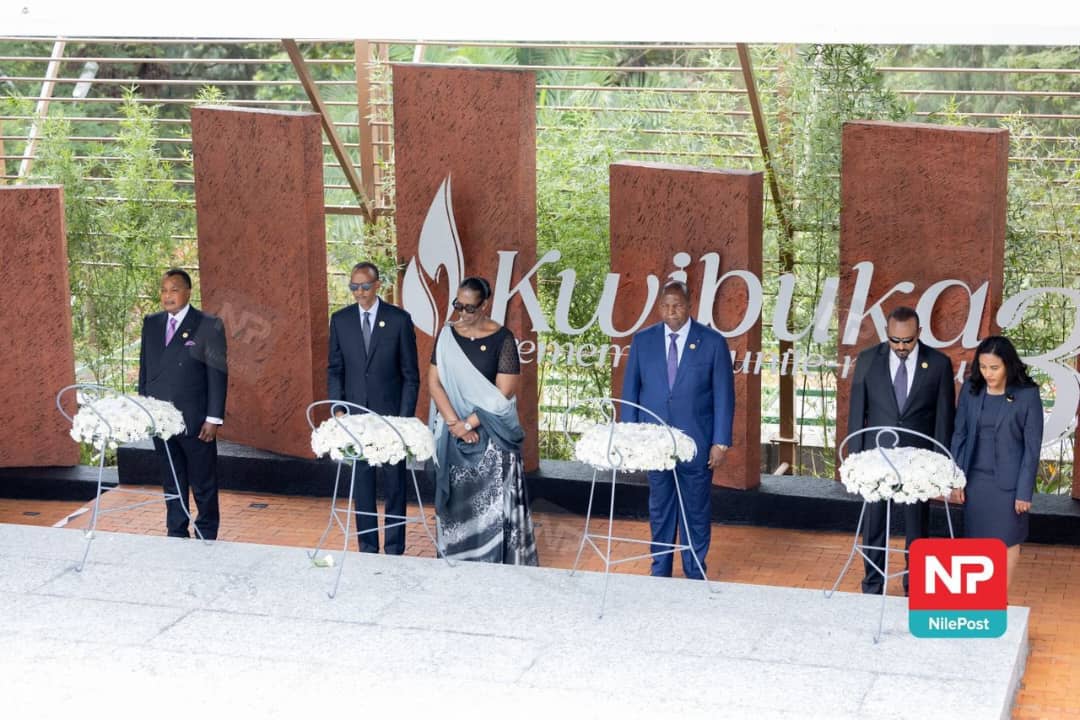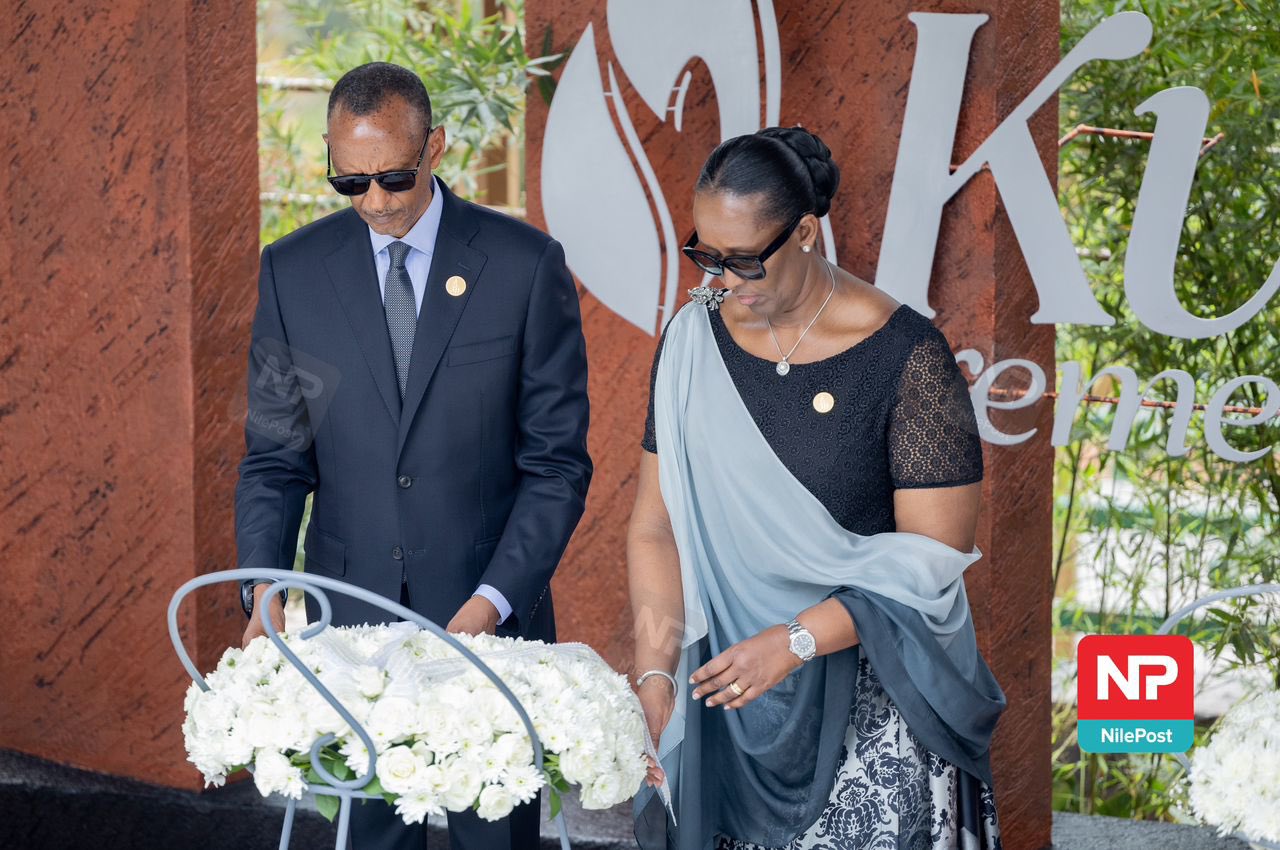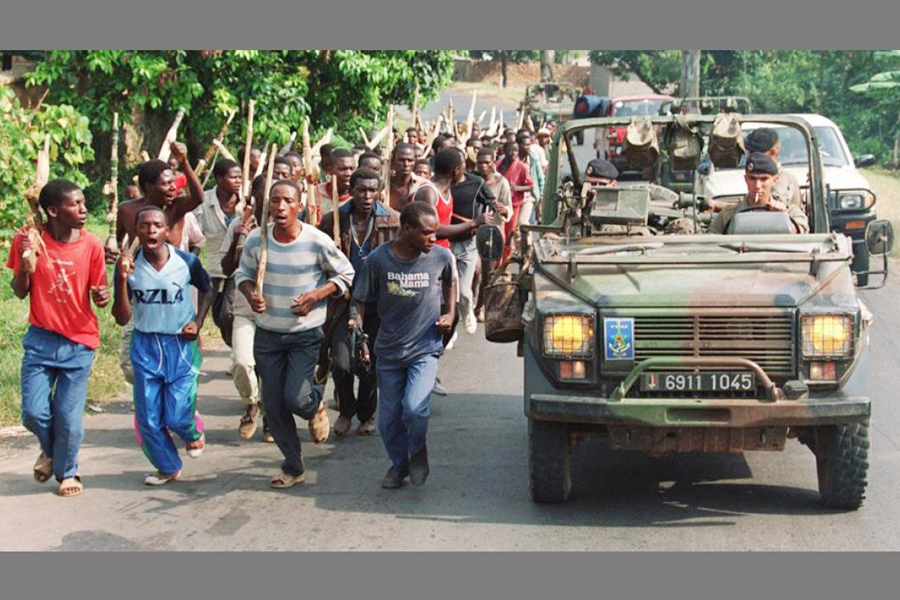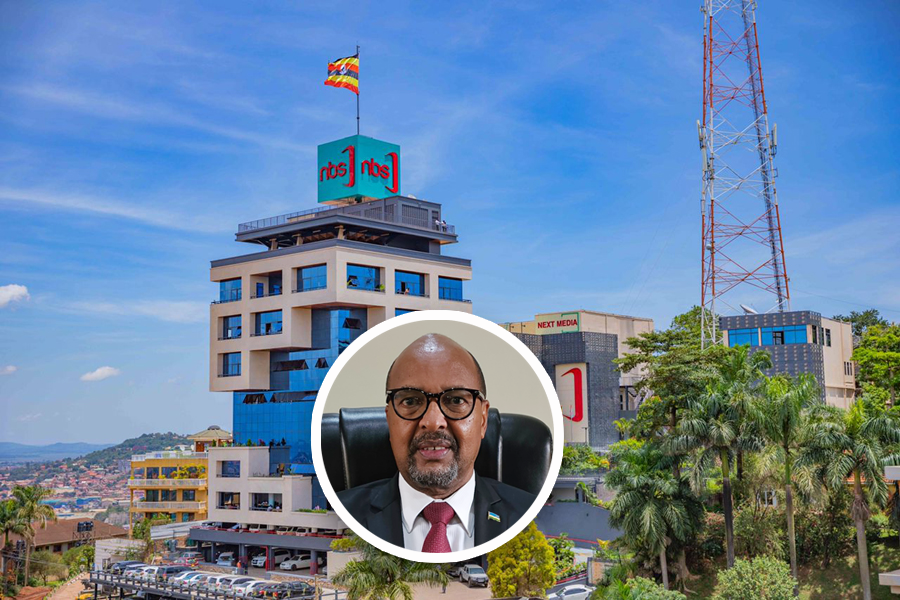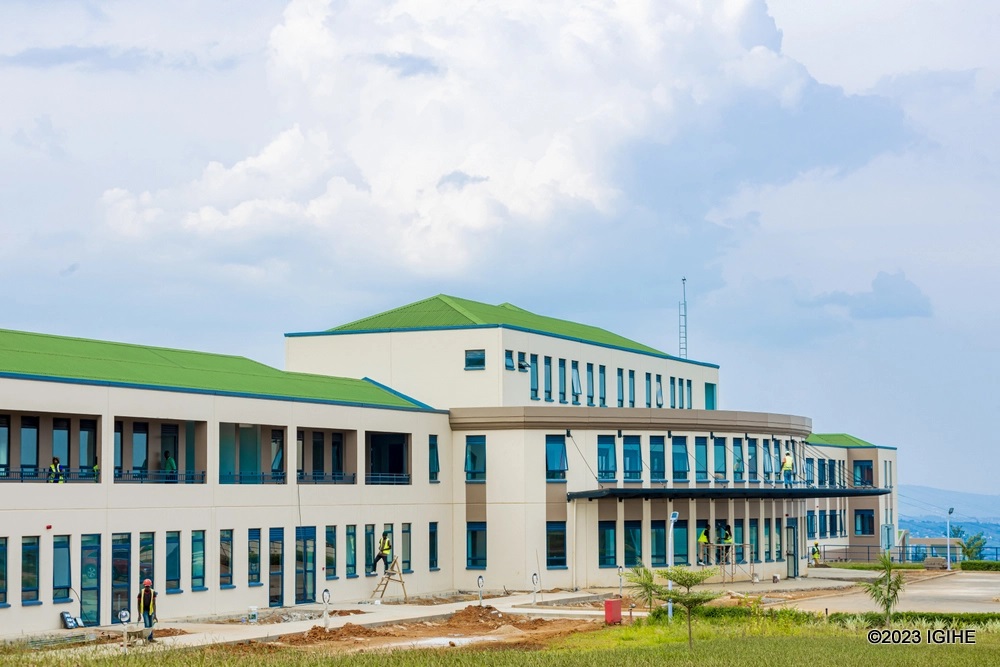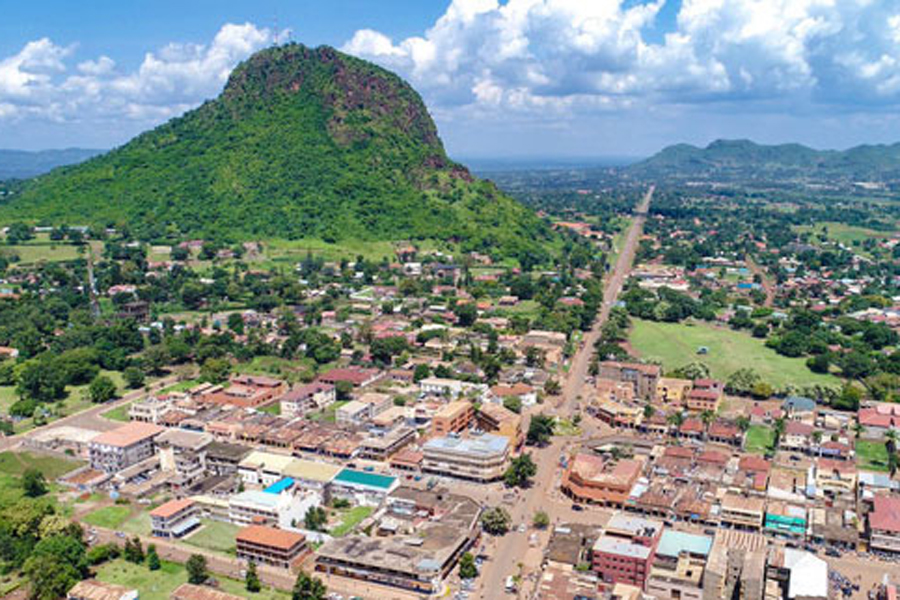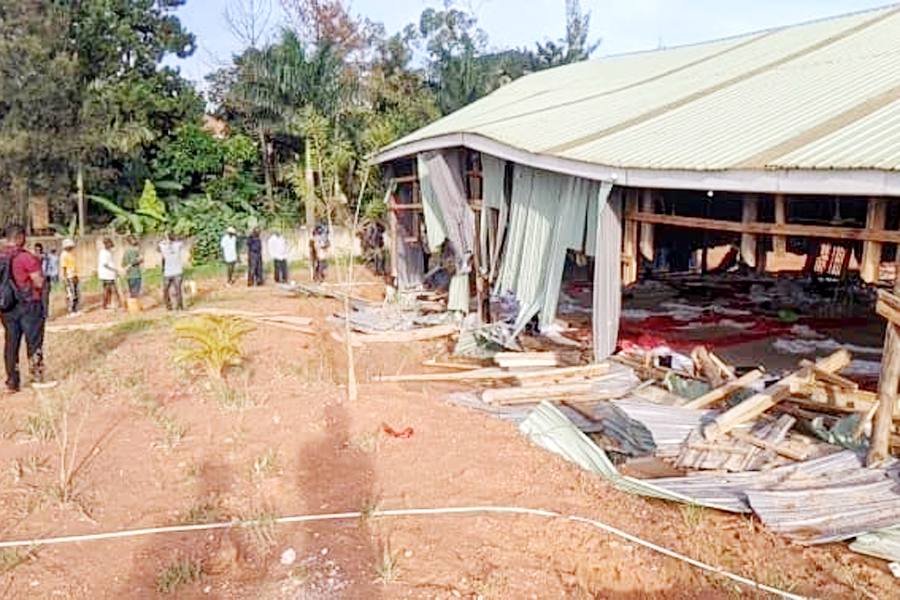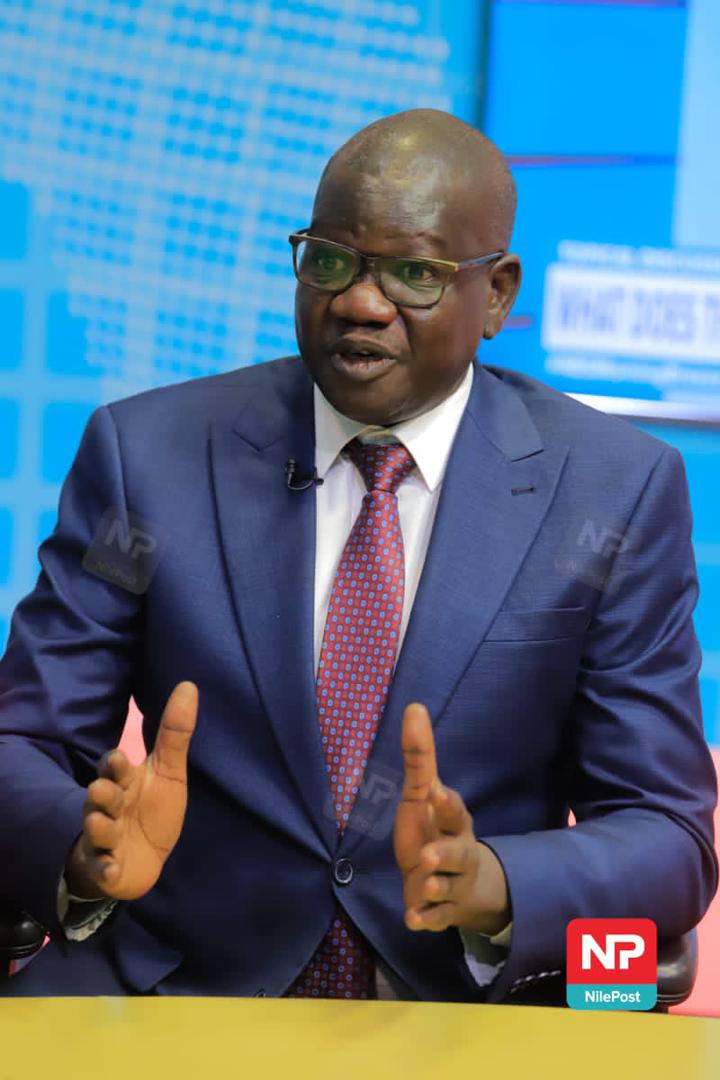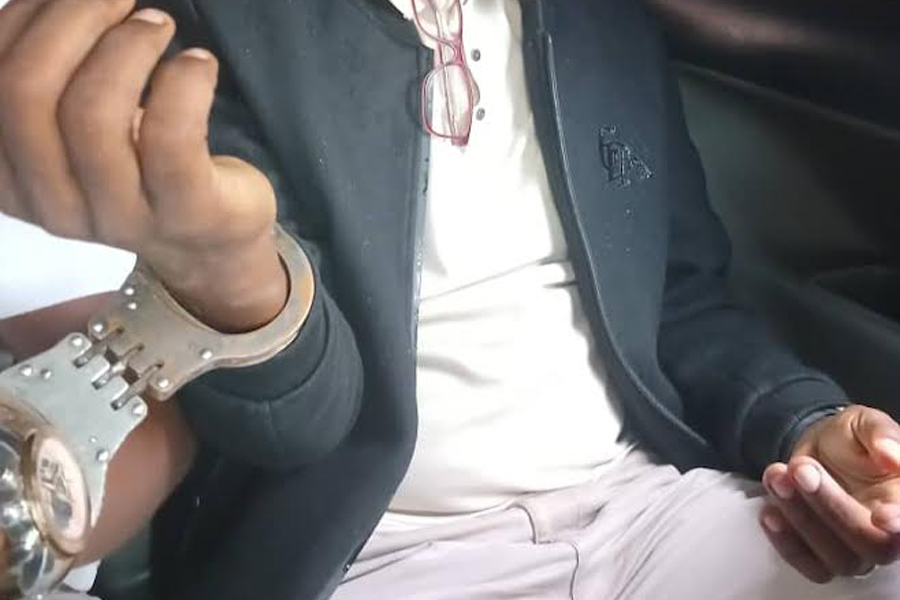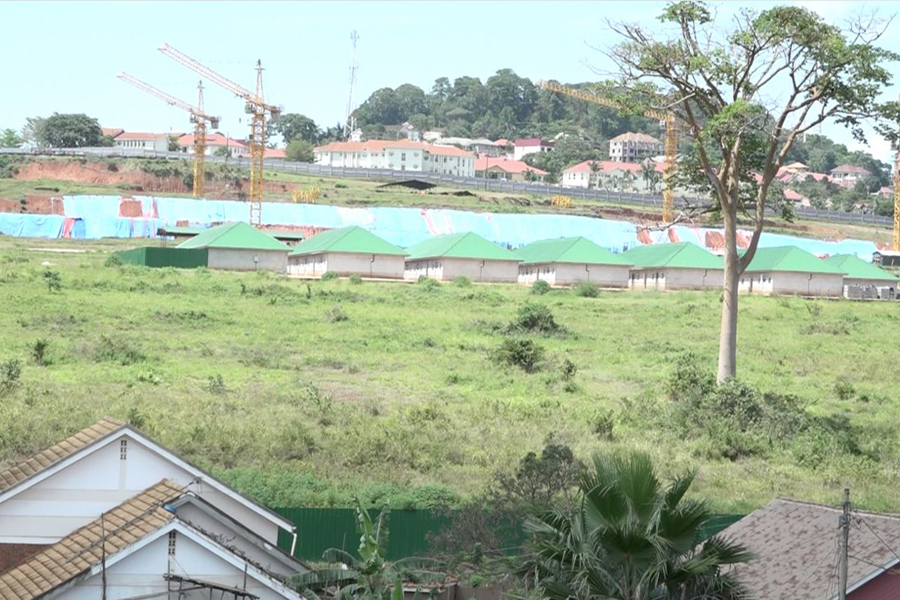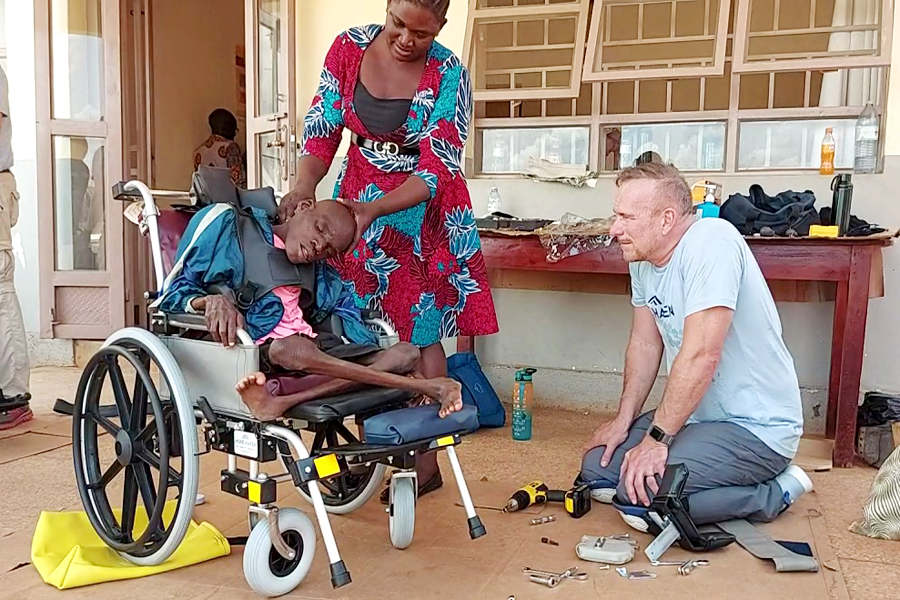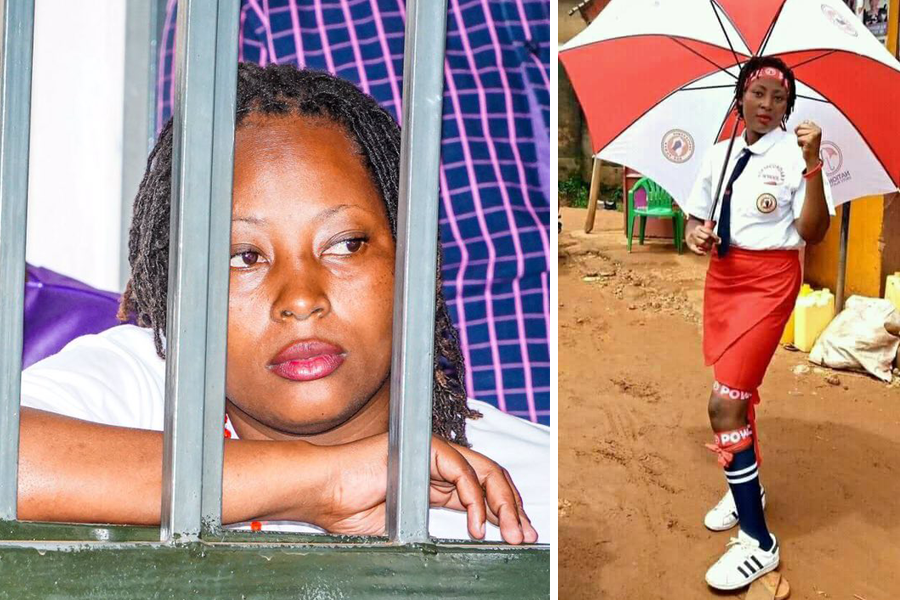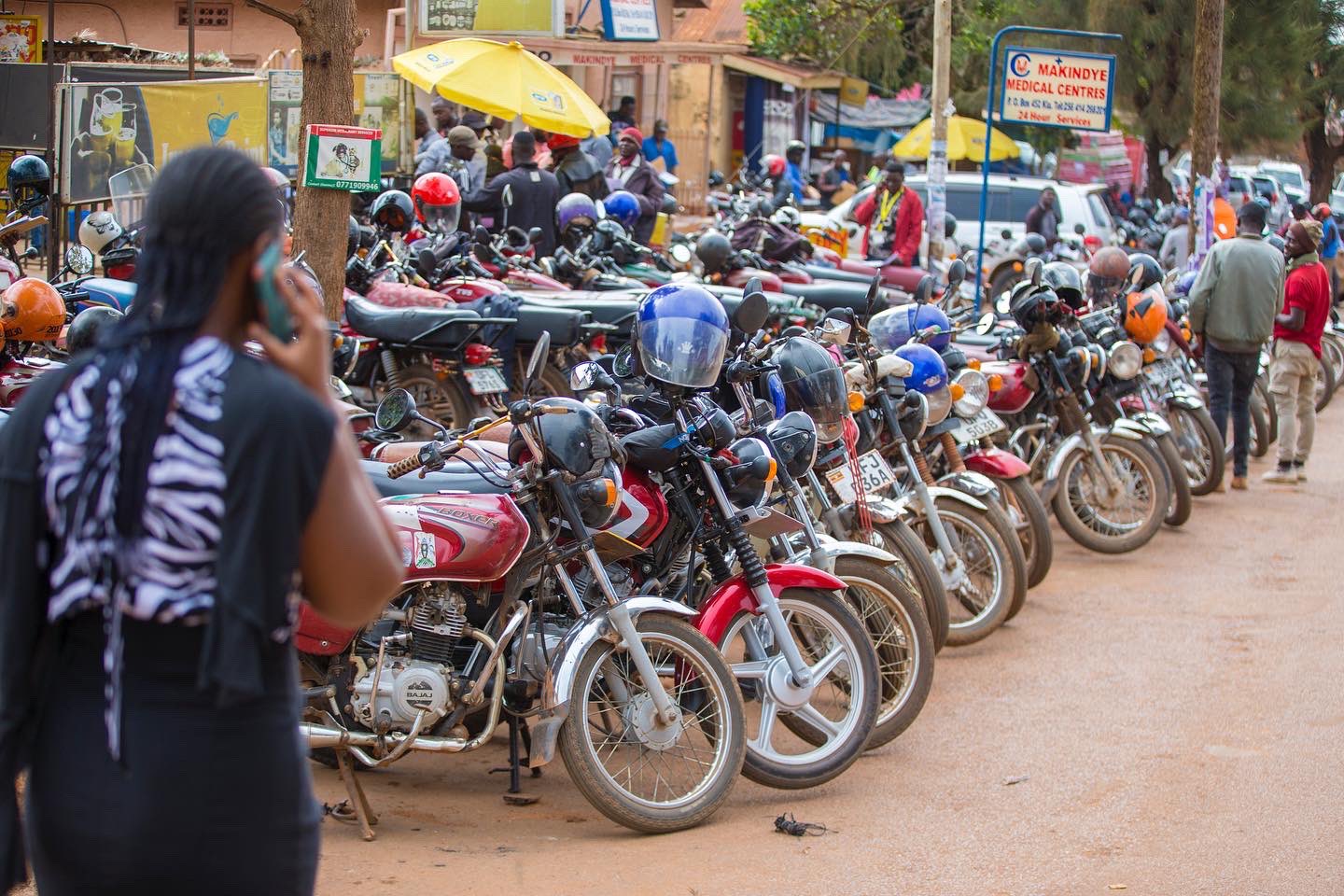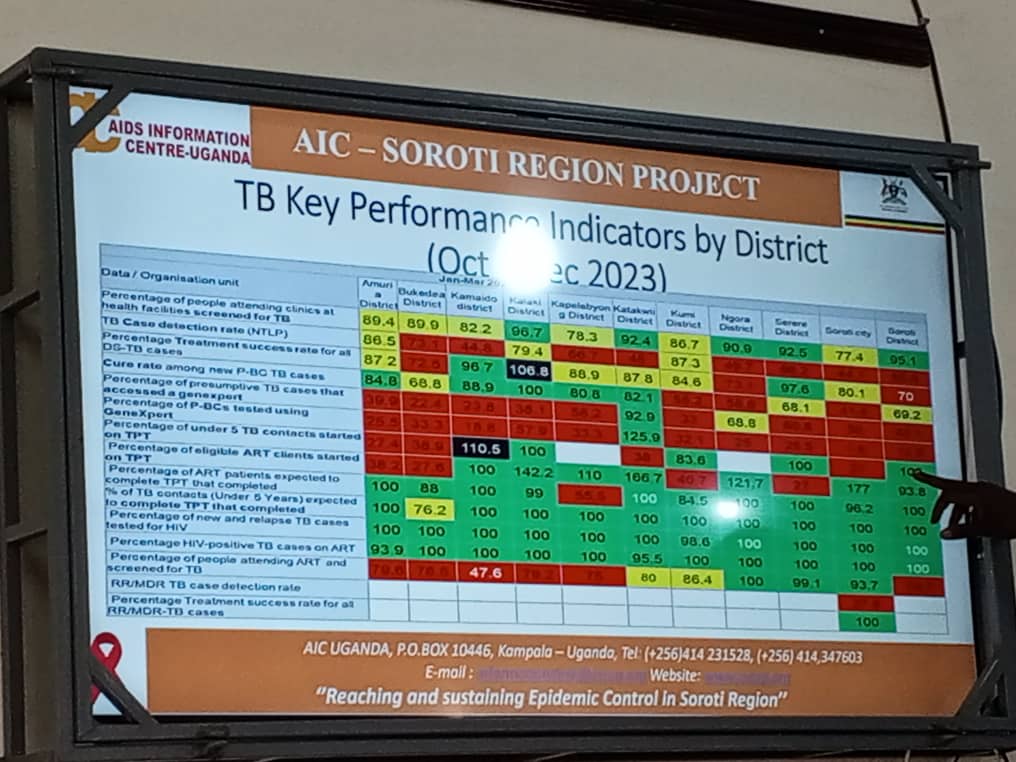Fun and enthralment is what you get on your first trip to Rwanda, a tiny nation located in East Africa.
For some one who might be new to this ‘land of a thousand hills’ perhaps you would use a brief background of the country in question.
Keep Reading
- > Rwanda marks 30th genocide commemoration with call for action and reflection
- > Bill Clinton, and Cyril Ramaphosa join Rwandans in commemorating 30 years since the genocide
- > Rwanda reflects on 30 years since the 1994 genocide: observing a solemn week of mourning
- > World let us down in our most trying moment - Kagame
Rwanda is one of the smallest countries on the continent’s mainland covering just over 26,338 square kilometers, and engulfing slightly under 12million inhabitants.
The Gross Domestic Product (GDP) in Rwanda was worth $ 8.38 billion in 2016. This represents just 0.01 percent of the world economy.
From the moment my eyes and brain discerned that Kigali, the Rwandan capital is what I was looking at from the window of my seat on Rwanda Air, I knew that I was headed for amazement.
Oh my, Kigali is well lit!!! They say Rwanda is ‘the land of 1000 hills, I say Kigali is the city of 100,000 lights and more’.
The stretch from the Kigali International Airport to the Orient Park Hotel where we had been booked is one of the most visually satisfying I have had in a while. Its was tending to 11 pm in Rwanda, the city is deserted and only a few vehicles ply the clean bright streets in the city.
If the politeness of these girls at the front desk is feigned, then they are good at it.
After a long day, my colleagues and I retired to bed ready for next day's Rwanda Patriotic Front, RPF@30 celebrations.
During my 10 days stay there, I veered from the script of my hosts to discover more about this small beauty of a nation. Here is what I discovered:
Respect for systems
One sunny morning, I chose to take a ‘Motor’ or ‘Boda Boda’ as we call it in Uganda, for a ride to the Amahoro Stadium.
Rwandans are a people proud of their language, Kinyarwanda, so its obviously likely that the ‘motor riders’ don’t grasp so many languages aside from their native one.
But the ‘smart’ me had taken a brief from the polite lady at our hotel’s front desk and she had told me that from the Hotel to Amahoro Stadium would cost not more than 800 Rwanda Francs, ‘Maganinane’ in Kinyarwanda.
So as I laboured to explain to the motor man where I wanted him to take me and for how much in my concoction of broken English, Kiswahili, and Kinyarwanda, I knew that my last price had to be ‘Maganinane’.
I succeed and jumped on the Boda. Upon sitting on the bike, the young man instinctively handed me a helmet, which I declined at first. Where I come from, ordinary people rarely put on helmets while being driven.
The guy ordered me to either put it on or get off his bike. Because I was limited by language, and couldn’t explain to him how I had reservations about its cleanliness, and discomfort it would bring to my big head, I just gave in and off we went.
I later learnt that in Rwandan traffic laws, no ‘motor’, is allowed to carry a passenger without a helmet, and each should carry one at a time. No son of man in the right mind here can even think of defying this.
My impromptu visit to the peace stadium was to try and book an interview with the minister of Sports and Culture, Julienne Uwacu and also get permission to shoot some of the activities at the stadium.
Goodness, this was the most bureaucratic process I have been through my entire journalism life.
The Sports director of the stadium sent me to the minister’s adviser’s office, who also sent me to the secretary of the stadium. The secretary then asked me for a letter of introduction from the Office of the General Secretary(OGS).
Jeez, I just had to surrender.
The people here do not just speak to journalists haphazardly. There is a structured procedure one should follow to get an interview from a government official and there are no two ways around it.
Luckily, I was later helped by my contacts from the OGS and managed to get access to the minister.
PATRIOTISM:
Ideally, every person alive should have that unique love for their country, but Rwandans’ love for their motherland is beyond the usual.
From the way they speak about their country to the things they do to see it develop, Rwandans and Rwanda are a match made in heaven.
People here do not just litter anywhere.
Perhaps one can argue that this is because of the legal implications, but even in their own home steads! Cleanliness must be in their DNA.
In one of our trips to visit the e- recycling facility in Bugesera district from Kigali, all journalists from more than 10 other African countries were left in owe of the cleanliness of even the places that ‘perhaps could be exonerated for being dirty’. The forests, gardens, and markets in villages are as clean as the street leading to the State House in kigali. One wonders, who sweeps the gardens and forests?!!!
The people here know that they are a small economy but the little things they do will get them a place on the high table. But also, am told, cleanliness is a part of their being, it’s a culture.
INFRUSTRUCTURE:
It doesn’t have the most developed infrastructure in the world, but the neatness, uniqueness and organization of the structures in the capital is worth a mention.
From the well defined main roads, all with functioning lights, to the well built structure in Kigali, clearly buildings there are planned and executed to the book.
The Kigali Convention Centre is probably one of the most beautiful buildings we have in East Africa.
In the same vein, the headquarters of the Rwanda People’s Front, (RPF) are splendid and easily rank among the best party headquarters of any political organisation in the region.
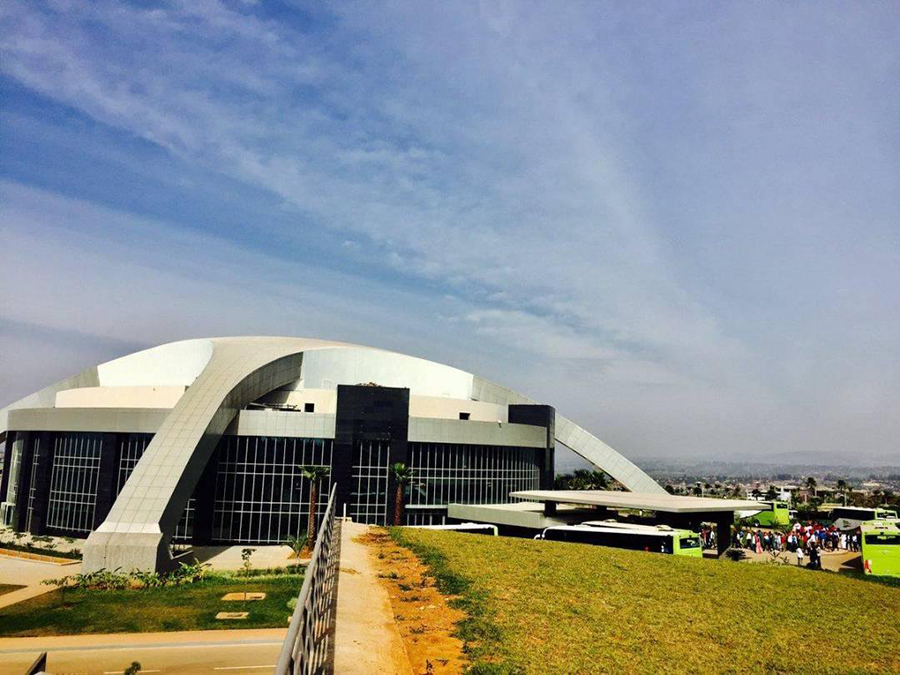 The RPF headquarters in Rusoro
The RPF headquarters in Rusoro
THE DISQUETS:
All is obviously not well for Rwanda. Despite the rapid economic and infrastructural development, many individuals are still poor yet the capital, Kigali, is quite expensive to live in.
The informal sector in Rwanda is too slim, which should be a good thing for the economy but not the individuals.
For example, in Uganda, one can wake up one day and set up a ‘rolex’ selling point on a road side without much restriction and they will make a living off it.
Try the same in Kagame’s country and you might spend a good time inside a lock up.
There are no street vendors in Kigali.
In a nutshell, the general development in Rwanda is admirable but the biting poverty in peoples’ wallets is worrying.
So the question is: Would one rather live in a beautiful country full of functioning systems but without a nickel in the wallet, or would you stay in a fair economy with systems not so functional but with the freedom to forge your own survival? It is a moot point.
None the less, for a small country that is barely 25 years from the ordeal of a horrendous civil war, the strides the country has made to revive their economy at such a first rate, are inevitably enviable and demeaning for other ‘sleeping’ governments’ around the continent.


